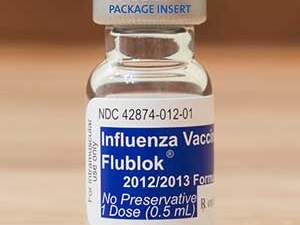Tamiflu drug resistance in H7N9 flu cases raises concern
Tamiflu Resistance Confirmed in H7N9 Flu Cases — Drug resistance in new China bird flu raises concern – Resistance easily develops when patients take antiviral drugs such as oseltamivir (tamiflu) for treating h7n9 influenza infections. Researcher’s analysis, which includes 14 patients who were hospitalized in Shanghai within 2 days of starting therapy with Tamiflu, appears in The Lancet.

